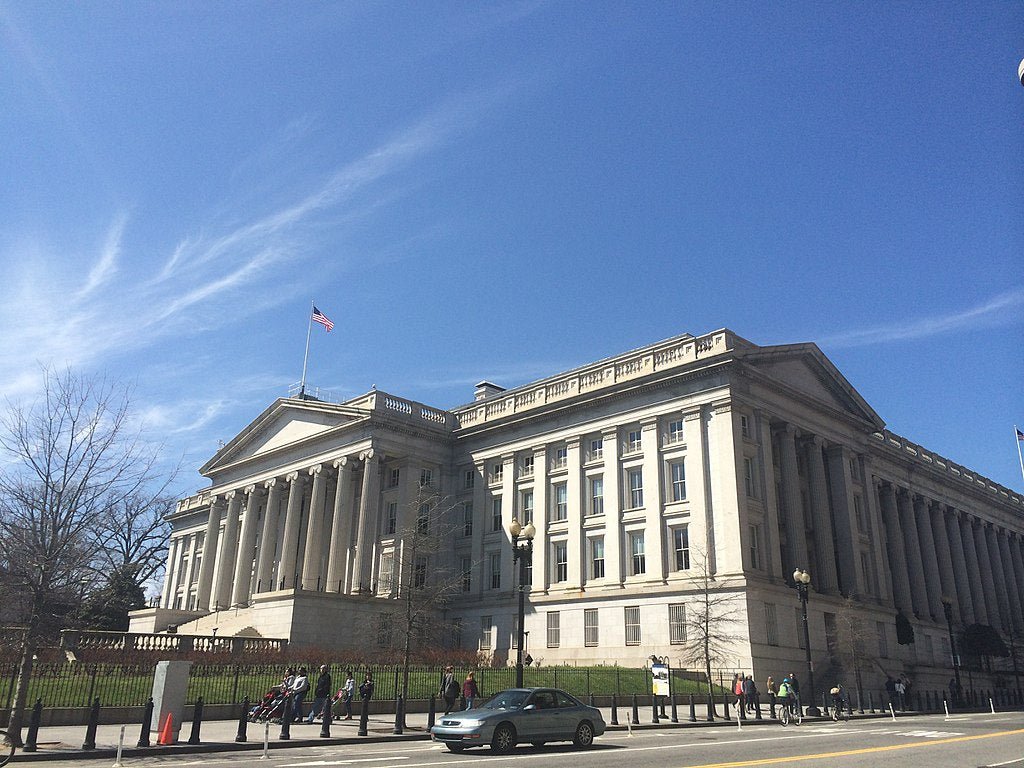
If you are a fan of cannabis, hemp and CBD products, you have likely seen negative coverage after the U.S. Food and Drug Administration released warnings to companies claiming CBD can be dangerous.
Plenty of people have the right to be wary of what they put in their bodies, but those who are feeling jumpy after such FDA statements may have more information to consider.
Previous reports from the World Health Organization and the National Institute on Drug Abuse have shown far fewer safety concerns over CBD and related products.
According to the most recent FDA consumer update, the agency “has warned companies to stop selling CBD products they claim are intended to prevent, diagnose, treat, mitigate, or cure serious diseases such as cancer, Alzheimer’s disease, psychiatric disorders and diabetes.” [2]
However, Forbes reports there are good reasons to doubt the FDA’s claims that CBD can cause liver damage and other side effects as listed in the warning letters to 15 hemp companies last month. [1]
Liver side effects only emerged during extremely high-level doses in trials of the FDA-approved epilepsy prescription, Epidiolex, according to Forbes. Typical CBD oil products bought from retail shelves have far lower doses in comparison.
“To date, there is no evidence of recreational use of CBD or any public health-related problems associated with the use of pure CBD,” Forbes quoted from a summer 2019 World Health Organization report on whether to schedule the substance as a prohibited drug. [1]
According to the Seattle Times, over 29 million residents of the U.S. have used CBD. That means the FDA’s warnings, though well-meaning, may discourage otherwise happy customers by raising fears that aren’t necessarily justified. [3]
Forbes reports that NIDA Director Nora Volkow said in 2015 that CBD is a “safe drug with no addictive effects” and “preliminary data suggests that it may have therapeutic value for several medical conditions.” [1]
As with anything you ingest or put in your body, remember to be aware and duly skeptical. Where brands make outlandish cure-all claims, act accordingly.
In navigating the exciting but at times confusing CBD market, it is important to research and take expert opinions seriously, but not to overlook the many people who swear by their CBD products.
Sources
[3] https://www.seattletimes.com/sponsored/more-than-29-million-americans-are-now-using-cbd-oil/








































